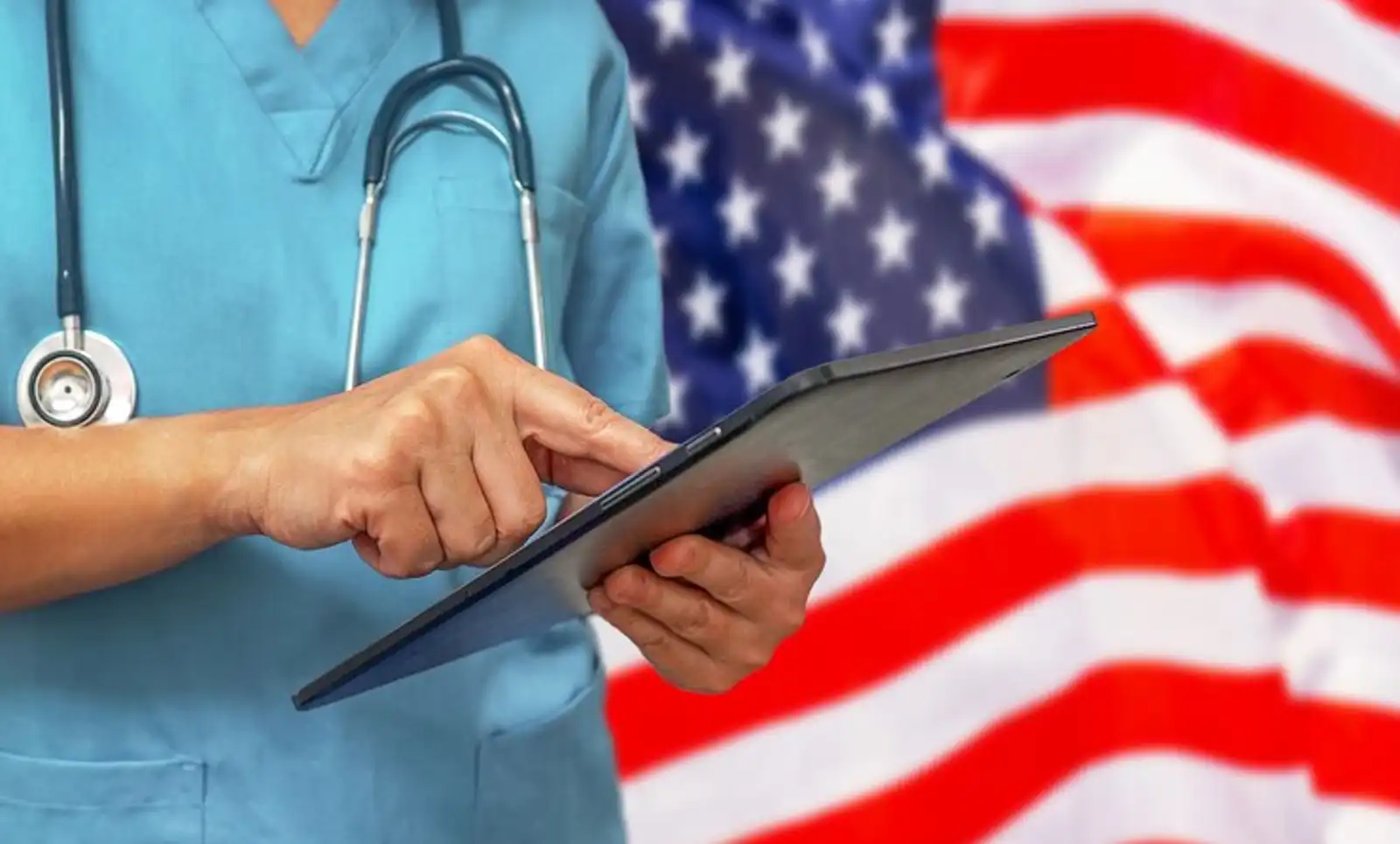Traditionally there have been four groups of entities that have actively influenced the timeliness, quality and affordability of healthcare that an average citizen receives (The Health Systems, The Insurance Companies, The Life Sciences Companies and The Regulatory Agencies). Over the last 10-15 years two groups have played an increasing role to the access and affordability of care, these are 1) Employers and 2)Non-traditional technology companies.
Regulatory agencies:
US healthcare is one of the most regulated sectors and governed by the U.S. Department of Health and Human Services (HHS) (https://www.hhs.gov/about/index.html). Its mission is to enhance the health and well-being of all Americans, by providing for effective health and human services and by fostering sound, sustained advances in the sciences underlying medicine, public health, and social services.
HHS comprises of several agencies that define, design and execute national health programs in partnership with agencies at the State level and private sector. Agencies that we most often hear about or may be familiar with
- AHRQ: The Agency for Healthcare Research and Quality’s mission is to produce evidence to make health care safer, higher quality, more accessible, equitable, and affordable, and to work within HHS and with other partners to make sure that the evidence is understood and used.
- CDC: The Centers for Disease Control and Prevention, part of the Public Health Service, protects the public health of the nation by providing leadership and direction in the prevention and control of diseases and other preventable conditions, and responding to public health emergencies.
- CMS: The Centers for Medicare & Medicaid Services combines the oversight of the Medicare program, the federal portion of the Medicaid program and State Children’s Health Insurance Program, the Health Insurance Marketplace, and related quality assurance activities.
- FDA: The Food and Drug Administration, part of the Public Health Service, ensures that food is safe, pure, and wholesome; human and animal drugs, biological products, and medical devices are safe and effective; and electronic products that emit radiation are safe.
- NIH: The National Institutes of Health, part of the Public Health Service, supports biomedical and behavioral research with the United States and abroad, conducts research in its own laboratories and clinics, trains promising young researchers, and promotes collecting and sharing medical knowledge.
- OIG: OIG protects the integrity of HHS programs as well as the health and welfare of the program participants.
- ONC: Office of the National Coordinator for Health Information Technology: provides counsel for the development and implementation of a national health information technology framework.
The full list of agencies can be found here https://www.hhs.gov/about/agencies/hhs-agencies-and-offices/index.html Please submit your questions or suggestions to myhealthq@myhealthq.com
